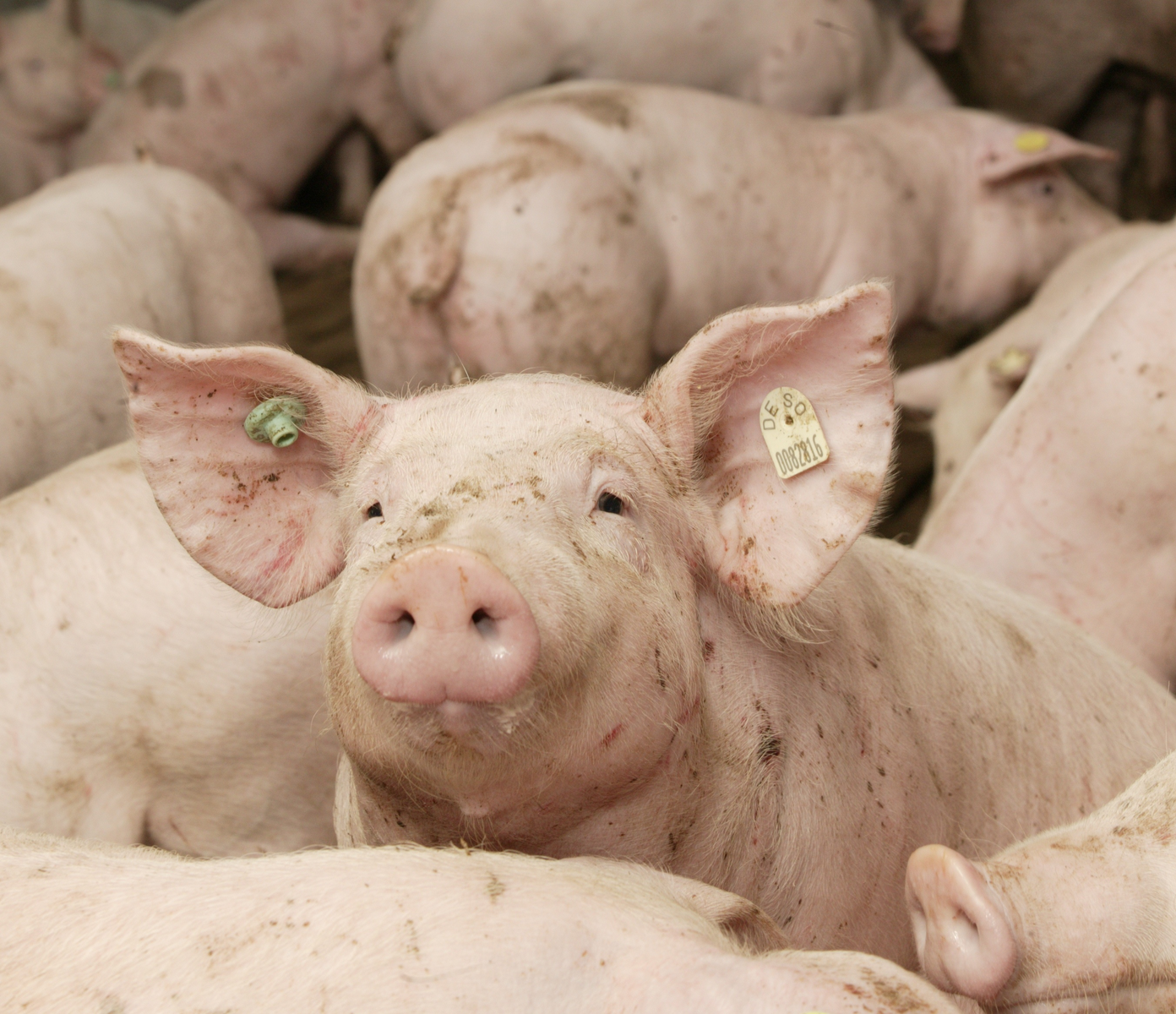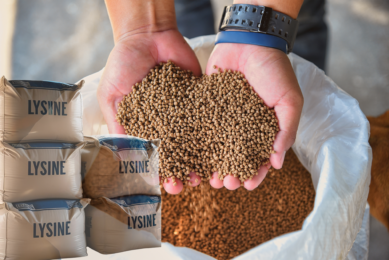Health status of pigs influences amino acid need

Depending on their health status, fattening pigs have more or less need for certain nutrients. This is the conclusion of research by Wageningen UR in the Netherlands.
The estimates of nutrient requirements are usually obtained in studies under controlled and relatively favourable conditions. In practice, there is considerable variation in conditions and technical results on pig fattening farms. Next to housing and genotype variation, the differences in health status between farms play an important role.
Previous research has shown that (subclinical) sick animals have an elevated requirement for specific nutrients, such as amino acids, compared to healthy animals. The amino acid requirements can be increased with 30% in animals with a (chronic) activated immune system, due to an increased production of antibodies and the amino acids needed to repair damaged tissue among others. The health status of fattening pigs can therefore have a major impact on the amino acid requirement of the animals.
However, knowledge to adequately respond to differences in nutrient needs due to variation in health status is limited. It is not (yet) known how much of any specific amino acid should be given extra to pigs with a chronically activated immune system.
To formulate feeds that are based on the different health status of farms, different diets are being investigated at Wageningen UR to find out what the optimal levels and ratio of amino acids are under different circumstances. This may lead to farm specific feeds that takes the health status of the animals into account. Hence, the animals are better supported in their ability to adapt and react to different circumstances and animal performance and feed efficiency can be improved.
Source: Wageningen UR











